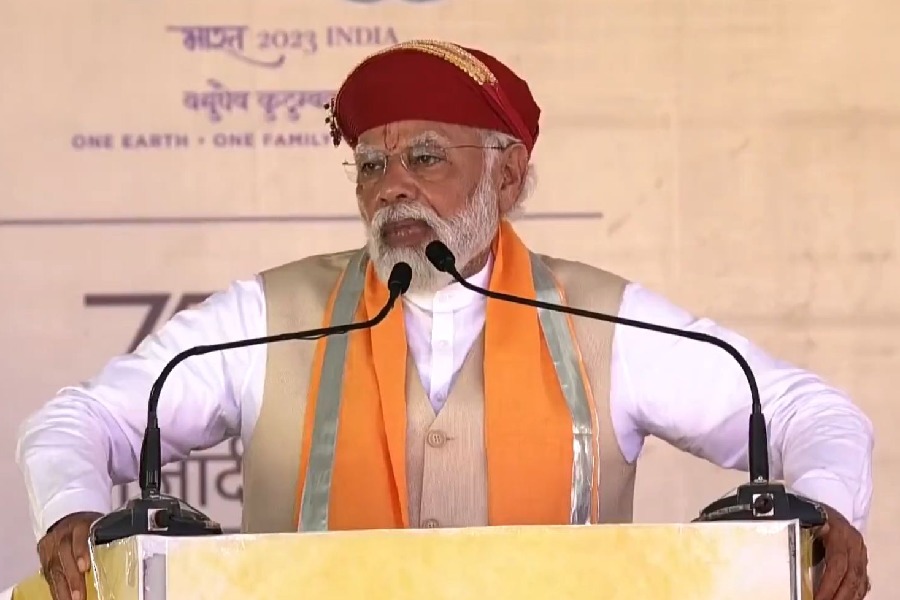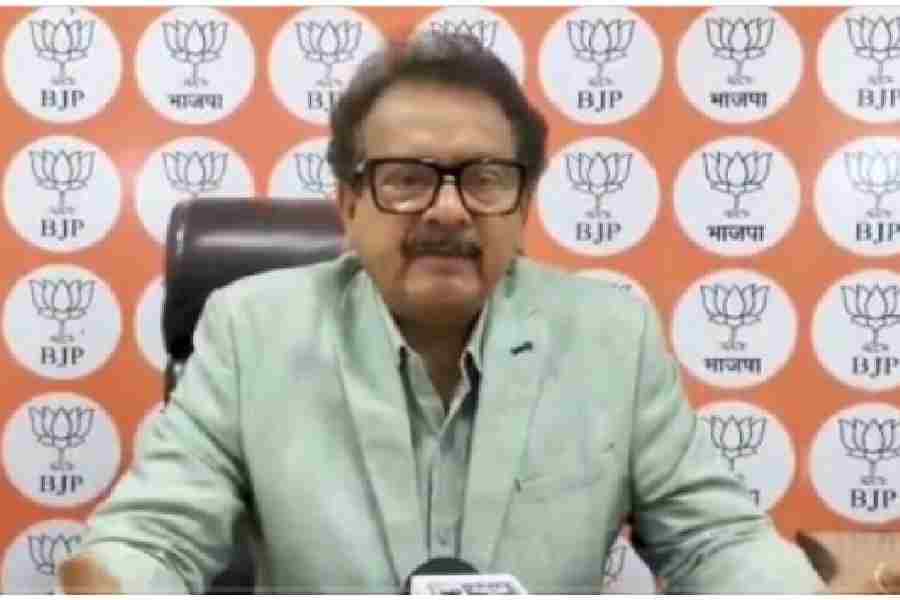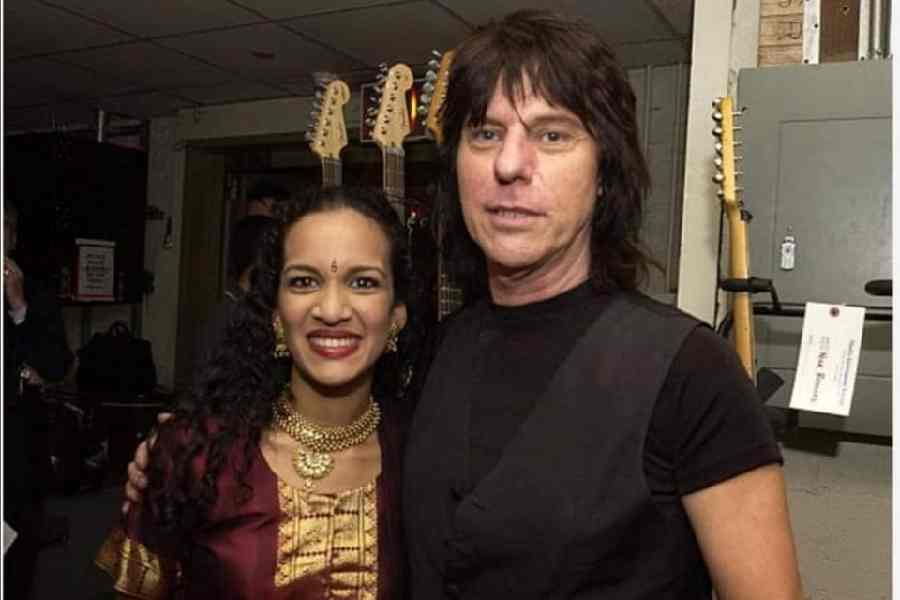Sometimes, more than what you say or do, what you don’t object to or react against, thus indicating acceptance, whether that’s tolerance or concurrence, can reveal what sort of person you are and, in particular, your innermost thinking and, even, your broader character.
In fact, this is a significant part of what determines your image. And this is how we often judge politicians and governments. Assessing their performance or evaluating their policies can be complicated and challengeable. Their image is easier and faster to respond to. We do it instinctively. It becomes the basis on which we “like” or “dislike” ministers and governments.
Now consider the number of times Prime Minister Modi has maintained complete silence when members of his government, both senior and relatively junior, have said atrocious things about Muslims.
The most recent is Satya Pal Singh Baghel, the minister of state for law and justice. At an event organised by the RSS on Monday, this is what he said: “Tolerant Muslims can be counted on fingers. Their numbers are not even in thousands. Even that is a tactic. It is to stay in public life with a mask. This route then leads to the house of the governor and vice-president or vice-chancellor. But when they retire from there, they begin to speak their mind.”
In any country, for a minister to speak of fellow citizens in this contemptuous, foolish and utterly false way would be intolerable. Not just because it’s wrong and untrue. But for a deeper political reason. It colours and taints the government as a whole. And, even more than that, it creates an impression, if not a firm belief, about the Prime Minister who appointed this person. No head of government could accept that.
Yet Mr Modi has. Indeed, this is not the first time. His ministers have called Muslims Babar ki aulad, his chief ministers taunt them with calls of abba jaan and practically everyone in the BJP tells them to go to Pakistan. I’ve recalled the first three examples that came to mind. If you do a Google search, you’ll find hundreds stretching all the way back to 2014.
I can remember only one instance when the Prime Minister chided a colleague for such speech. It was the Ramzade-Haramzade comparison by Sadhvi Niranjan Jyoti in 2014. That’s almost 10 years ago. Thereafter, silence has been his response.
So how should we read that silence? What does it tell us of the Prime Minister? What does it reveal of what he thinks is acceptable or forbidden? And then — and this is what Muslims ask themselves — what does it reveal of what he thinks of them?
How they can be spoken of? And what they must accept as their lot in life? Finally, when such questions are asked, does it hurt or even trouble him that he’s the cause of such pain?
I don’t know the answers. At least not definitively. But all of us can make a pretty good guess. And there are pointers from the Prime Minister’s own behaviour. He was the politician who once talked about shamshanghat and kabristan. He’s also the person who claimed you can recognise rioters by the clothes they wear. And let’s not forget the word “puppy”. I don’t need to say more. He may not have named the community but it was quite obvious who he had in mind.
So, why is the Prime Minister surprised when millions, at home and abroad, are convinced he and his government are dismissive of Muslims? One or more of his ministers and party men make this clear practically every day. His lack of response endorses and confirms that view. Our press may not pick it up but the international media would have to be deaf and blind not to do so.
Now, if the Prime Minister wishes to contest and, perhaps, change the impression that Muslims under his rule have become second-class citizens in their own country, then he should immediately sack Satya Pal Singh Baghel. Any other Prime Minister in a democracy would do so without a moment’s hesitation. But if the Prime Minister of the world’s largest democracy, which he, in fact, claims is the mother of democracy, retains such ministers — and remember there are many, not Baghel alone — then he can only blame himself for the growing belief India is no longer a country that respects its Muslim citizens.
This may not worry the Prime Minister. As a citizen, it troubles me enormously.












